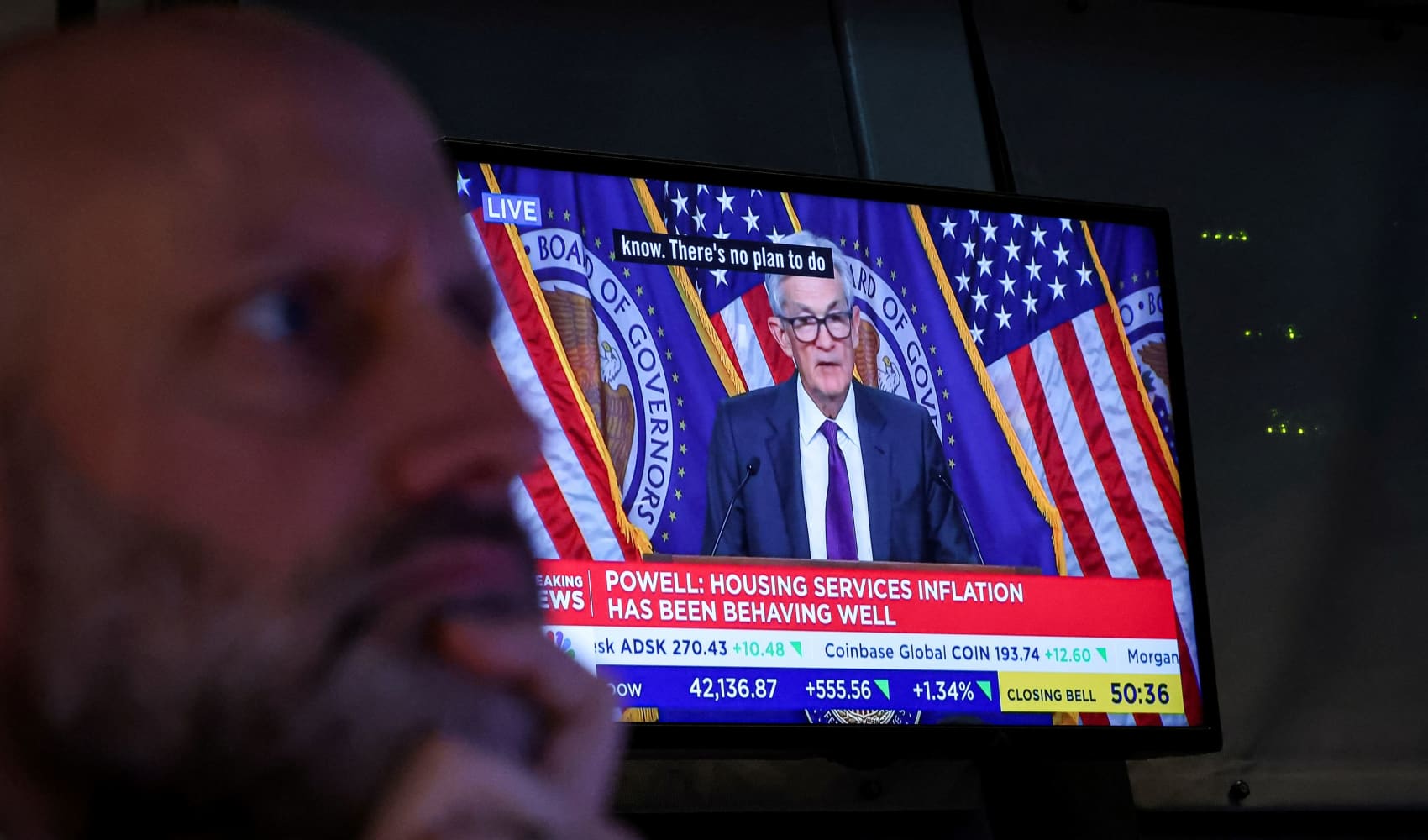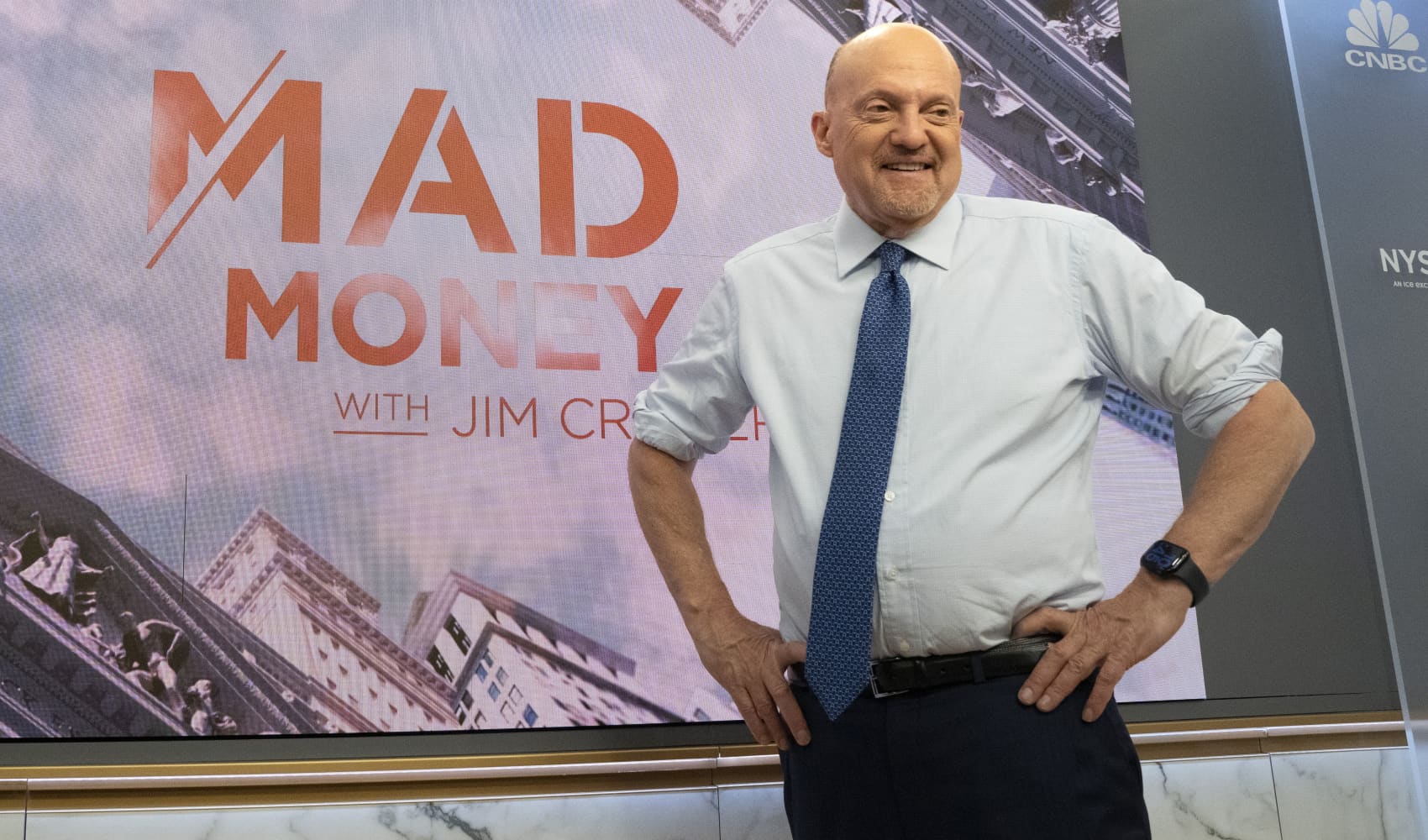European Markets Dip: Earnings, Fed, and What's Next?
European Markets Dip Amid Earnings Jitters and Fed Watch
Navigating the Choppy Waters: A European Market Overview
Ever feel like the stock market is a rollercoaster? Well, Wednesday was one of those days for European markets. While traders diligently poured over corporate earnings reports, keeping a keen eye on future guidance and profitability, the shadow of the U.S. Federal Reserve's looming monetary policy decision cast a long shadow. And, as CNBC's live blog aptly captured, the overall sentiment was… well, slightly bearish.
The pan-European Stoxx 600 index provisionally closed down 0.5%. The retail sector took the hardest hit, leading the losses with a significant 2.2% decline. What's causing this downward pressure? Let’s dive deeper, shall we?
Retail Woes: A Deeper Dive into the Decline
Why was retail struggling? Was it consumer confidence, inflation worries, or something else entirely? Well, a confluence of factors likely contributed. Are consumers tightening their purse strings amid ongoing economic uncertainty? It's certainly a possibility, and one investors were clearly factoring in. The retail sector is often seen as a barometer of overall economic health, so a dip here can signal broader concerns.
Impact of Inflation and Consumer Spending
Higher inflation eats into disposable income, impacting how much consumers are willing to spend on non-essential items. Retailers are feeling the pinch as sales volumes decrease. Are we witnessing a shift in consumer behavior? Time will tell!
Pharma Under Pressure: Trump's Tariff Threat Rattles Investors
Across the pond, a shadow looms. Remember Donald Trump's announcement regarding tariffs on the pharmaceutical sector? That announcement continues to ripple through European markets, adding further uncertainty to an already tense situation.
The Uncertainty Factor: A Dampening Effect
The potential imposition of tariffs has created significant uncertainty in the pharmaceutical industry. Uncertainty, as any investor knows, is the enemy of stability. How will this play out in the coming weeks? That’s the million-dollar question.
Corporate Earnings: A Mixed Bag of Results
Earnings reports, like snowflakes, are all unique. And this week, they presented a mixed picture. Some companies exceeded expectations, while others fell short. Here's a glimpse at a few of the key highlights:
Novo Nordisk's Guidance Cut: A Cause for Concern?
Novo Nordisk reported a first-quarter profit beat, which sounds great, right? However, they also cut their 2025 guidance. That's like saying, "We won the battle, but the war might be tougher than we thought." That's enough to make investors a bit nervous.
BMW's Confirmation: A Sign of Stability?
On the other hand, BMW confirmed its 2025 guidance despite what they described as "volatile" tariffs. Is this a sign of resilience? Possibly. BMW’s confidence could stem from robust sales, strategic planning, or a bit of both.
Orsted's Project Withdrawal: A Renewable Energy Setback
Orsted's shares took a hit after the company withdrew from the Hornsea 4 project. This sends a signal that not all renewable energy projects are smooth sailing. Are there hidden challenges in the sector that investors should be aware of? This is definitely worth keeping an eye on.
Volvo's Layoffs: A U.S. Impact on European Sentiment
Volvo stock experienced some volatility after announcing layoffs in the U.S. Even though the layoffs didn't occur in Europe, they still had an impact on investor sentiment. The global economy is so interconnected that news from one region can easily affect markets in another.
The Federal Reserve's Impact: A Waiting Game
All eyes were glued to the U.S. Federal Reserve's monetary policy announcement. What would they say? Would they hike interest rates? Would they maintain the status quo? The anticipation itself can move markets.
Interest Rate Hikes and Market Reactions
Higher interest rates typically make borrowing more expensive, potentially slowing down economic growth. Markets often react negatively to the prospect of rising rates. This is because it increases the cost of capital for businesses.
Sector Performance: Identifying the Winners and Losers
It wasn't all doom and gloom, however. Some sectors managed to weather the storm better than others. Knowing which sectors are performing well can help investors make informed decisions. Which sectors were the winners in this slightly negative climate?
Defensive Stocks: A Safe Haven in Uncertain Times
Sectors like utilities and healthcare, often considered "defensive" stocks, tend to hold up relatively well during market downturns. People still need electricity and medicine, regardless of economic conditions.
Currency Fluctuations: The Euro's Role
Currency fluctuations can significantly impact European markets. A weaker Euro, for example, can make European exports more competitive, but it can also increase the cost of imports. How did the Euro perform on Wednesday? Was it a help or a hindrance?
The Euro vs. The Dollar: A Constant Battle
The relationship between the Euro and the US dollar is always a crucial factor to watch. When the Euro weakens against the dollar, it influences corporate earnings and investor sentiment. Changes in currency values can heavily impact the overall health of European markets.
Geopolitical Tensions: An Ever-Present Risk
Let's not forget the ever-present risk of geopolitical tensions. Any escalation of conflict or trade disputes can send shockwaves through the markets. Unfortunately, geopolitical uncertainty is a constant companion in today's world.
Staying Informed: The Key to Navigating Uncertainty
In times of geopolitical instability, staying informed is more important than ever. Investors should closely monitor news and developments around the world.
Looking Ahead: What's Next for European Markets?
So, what does the future hold for European markets? Predicting the future is impossible, of course, but we can analyze the trends and factors that are likely to shape the market landscape in the coming weeks and months. Will the Fed change course? Will inflation continue to rise?
Economic Data Releases: A Guiding Light
Upcoming economic data releases, such as inflation reports and employment figures, will provide valuable insights into the health of the European economy. Keep an eye on these releases to stay ahead of the curve.
Risk Management: Protecting Your Investments
Regardless of market conditions, risk management is always crucial. Diversifying your portfolio and setting stop-loss orders can help protect your investments from significant losses. Are you adequately managing your risk?
Diversification: Don't Put All Your Eggs in One Basket
Diversifying your investments across different asset classes and sectors is a fundamental principle of risk management. Don’t put all your eggs in one basket, as the saying goes.
Conclusion: Key Takeaways from Wednesday's Market Dip
In conclusion, Wednesday's European market dip was driven by a combination of factors, including corporate earnings reports, concerns about pharmaceutical tariffs, and anticipation of the U.S. Federal Reserve's monetary policy announcement. The retail sector bore the brunt of the losses, while other sectors displayed more resilience. As we move forward, it's crucial to stay informed, manage risk effectively, and be prepared for potential volatility. Staying vigilant and informed are key to surviving and thriving in the modern stock market.
Frequently Asked Questions (FAQs)
Here are some frequently asked questions about European markets and the factors that influence them:
- Why are corporate earnings reports so important for investors?
Corporate earnings provide insights into a company's profitability and financial health. Strong earnings can boost investor confidence, while weak earnings can trigger sell-offs.
- How do U.S. Federal Reserve decisions impact European markets?
The Fed's monetary policy decisions, such as interest rate changes, can have a ripple effect on global markets, including those in Europe. For instance, interest rate hikes can make the dollar stronger, affecting the Euro and European trade.
- What is the significance of the Stoxx 600 index?
The Stoxx 600 is a pan-European index that represents 600 of the largest companies across 17 European countries. It's a key benchmark for measuring the overall performance of the European stock market.
- What are defensive stocks, and why are they considered safer?
Defensive stocks are those of companies that provide essential goods or services, such as utilities and healthcare. These companies tend to be less affected by economic downturns, making their stocks a relatively safe investment during uncertain times.
- How can individual investors stay informed about market trends and potential risks?
Investors can stay informed by following reputable financial news outlets, reading analyst reports, monitoring economic data releases, and consulting with financial advisors. Continuous learning and vigilance are crucial.

